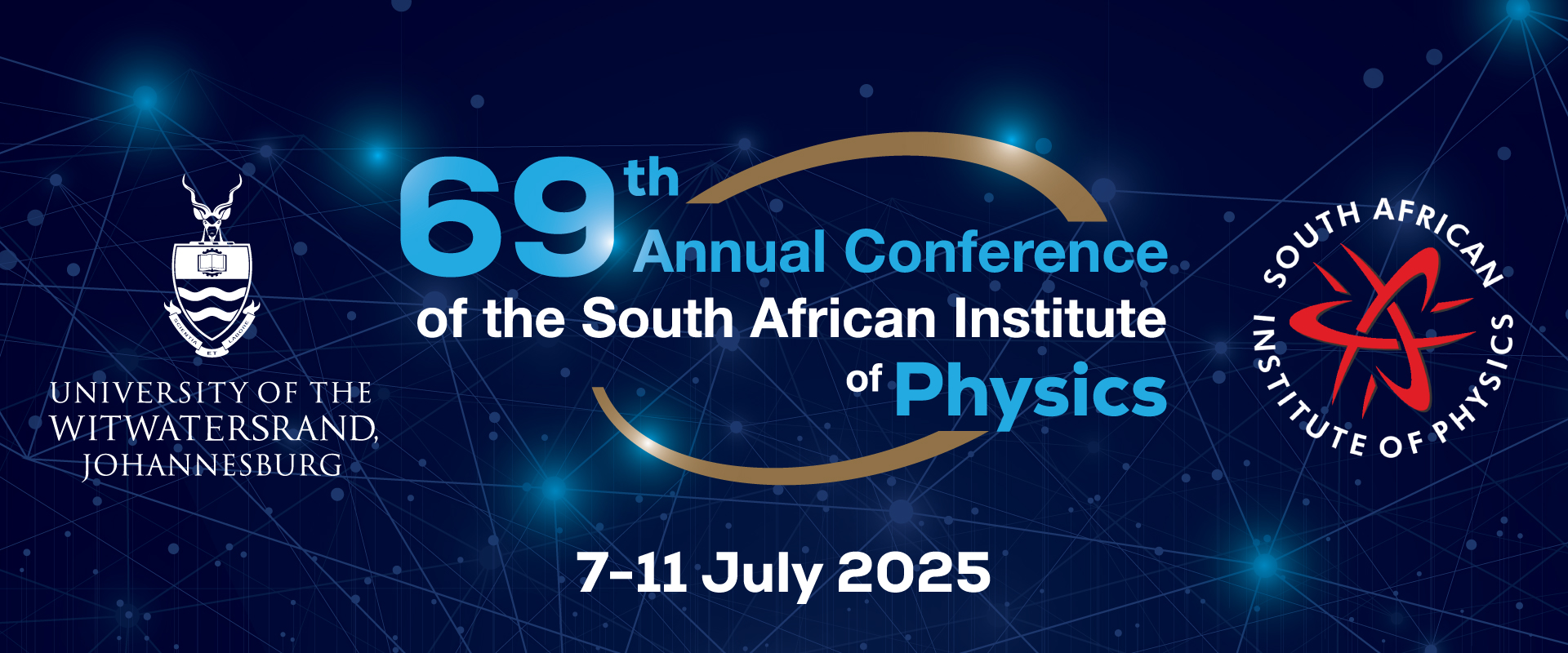Speaker
Description
Precision luminosity measurements are crucial for determining the fundamental properties of physics processes at the Large Hadron Collider (LHC). In the ATLAS experiment, luminosity uncertainties often represent one of the leading sources of systematic uncertainty in cross-section measurements, directly impacting sensitivity to new physics searches and background estimations.
Since the calibration of the primary luminometer of ATLAS, LUCID, is performed only once per data-taking year, studying the long-term stability of LUCID luminosity measurements is crucial, as it significantly contributes to the total uncertainty in the ATLAS luminosity measurement. In this study, the Tile Calorimeter is used to evaluate and monitor the long-term stability of the luminosity measurements. Results are presented for the ATLAS detector during proton-proton ($pp$) collisions at $\sqrt{s} = 13.6$ TeV in 2023. A long-term stability uncertainty of $\delta L/L = 0.1\%$ is obtained for the 27.58 fb$^{-1}$ of data delivered to ATLAS.
| Consent on use of personal information: Abstract Submission | Yes, I ACCEPT |
|---|

